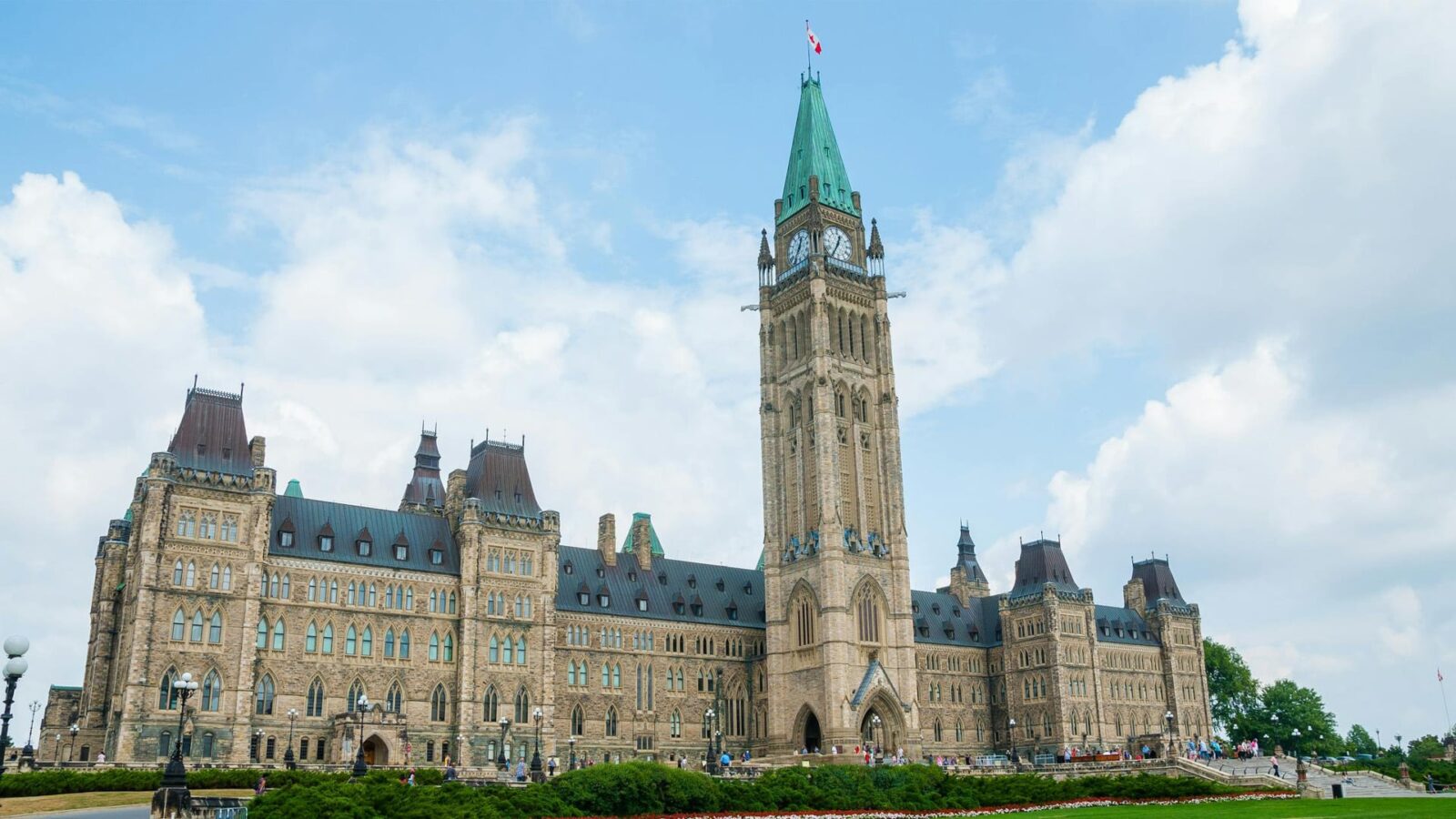
It’s time for Ottawa to address the national housing crisis
Originally published in the Vancouver Sun. April 18, 2025
Opinion: To meet the scale of the housing crisis in B.C. alone, Ottawa must invest $2.34 billion per year over the next decade — and there is more that the next federal government must do
Voters across Canada are facing a monumental decision this month, grappling with threats to our nation’s sovereignty, rising tariffs and free-falling global markets.So chaotic is the global outlook that it’s easy to forget we’re also facing tough questions on how to improve access to health care, address the climate emergency, tackle the deficit, balance income inequality and take action to address Canada’s housing affordability crisis.
After all, isn’t it precisely when the world feels out of control that our need for the safety and security of home is felt most acutely? Yet, far too many Canadians don’t have the protection of an affordable home.
We urge the next federal government to invest in affordable non-profit and co-op housing and take meaningful steps to address the housing crisis.
Here’s why: Despite a focus on residential construction, there are still tens of thousands of British Columbians with unmet housing needs. A minimum of 11,000 people experience homelessness at any given time, and 39 per cent of renter households in B.C. earn less than $50,000 a year. Indigenous people are disproportionately represented in both these numbers. The market does not and cannot build for low- and middle-income renters, who are at significant risk of homelessness if they are forced to move. And let’s not forget that B.C. is the eviction capital of Canada, leading the country in no-fault evictions.
Housing is an enormous source of instability for millions across Canada, and it is past time that we addressed this issue as a national crisis of essential infrastructure.
Safe, affordable housing provides the foundation for physical, mental, economic and community well-being, and requires spending by and collaboration among all levels of government to protect what we have and to make more of it.
Over the past five years, B.C. supported an average of 3,900 new non-profit and co-op units a year with a target of 4,500 completions annually in each of the next three years. The province is playing its part, and now we need the federal government to commit to its share.
Housing Central’s Build More, Protect More, A New Affordable Housing Plan for B.C. shows we need to build 12,500 new affordable homes each year for the next 10 years, 3,000 of them for Indigenous people, if we’re going to meet the existing and future housing needs of British Columbians.
But we also need to protect the affordable homes that already exist. Last year, the B.C. rental protection fund enabled non-profits and co-ops to purchase rental buildings from the market and move them into community ownership.
The federal government has promised similar action — but hasn’t delivered. To meet the scale of the housing crisis in B.C. alone, Ottawa must spend $2.34 billion a year over the next decade.
There is more that the next federal government must do, including:
- Increase support for the $1.47 billion Canada rental protection fund, Ottawa’s strategy to help non-profit housing providers acquire existing affordable rental homes.
- Rapidly expand urban, rural and northern Indigenous housing to meet the housing needs of displaced and dispossessed First Nations, Inuit, Métis, status, non-status and status unknown Indigenous Peoples living in communities across Canada without dedicated support.
- Spend on the significant build out of non-profit and co-op homes affordable to household incomes under $50,000 and prevent homelessness by providing sustained funding for support services that assist in maintaining stable housing.
- Develop a national housing skills strategy to train workers and support faster construction. Less than four per cent of Canada’s housing stock is non-profit community housing. That is less than half of the OECD and G7 average. Doubling that to at least eight per cent will have a significant positive impact on economic productivity and provide stable, affordable housing for hundreds of thousands more people in Canada.
Direct spending by the federal government in community housing ensures fair access to affordable housing for those who need it most. The social return on investment in community housing is compelling. In B.C. alone, it is estimated that addressing the housing crisis could lead to $22-$46 billion in potential growth of B.C.’s GDP, including $18 billion in social return on investment on Indigenous housing.
A safe, secure and affordable home is the anchor that individuals and families need to stay afloat in an increasingly volatile world, but decades of federal inaction have left too many Canadians without that security. We urge the next federal government to commit to bold — and sustained — action to address the housing crisis.
Let’s make sure safe, affordable housing is front and centre on April 28, and in the future we’re building together.
Margaret Pfoh is CEO of the Aboriginal Housing Management Association. Jill Atkey is CEO of the B.C. Non-Profit Housing Association and Thom Armstrong is CEO of the Co-operative Housing Federation of B.C. Housing Central is a partnership of these associations, each of which represent and advocate for the community housing sector in B.C.